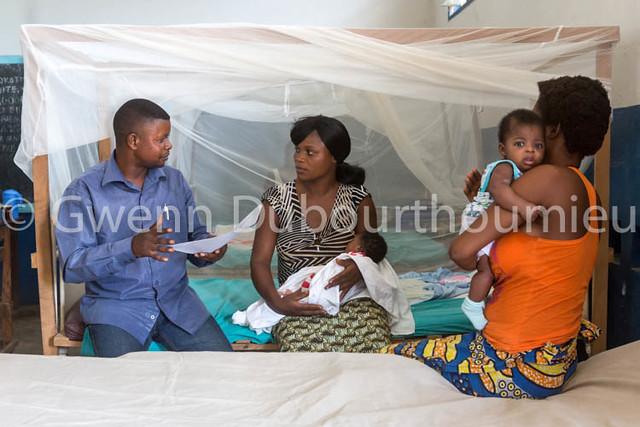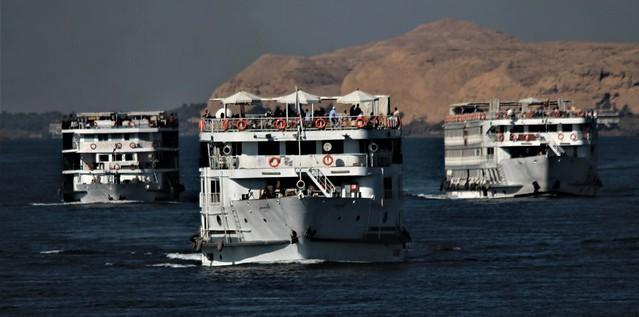Mbuji-Mayi
Overview
Mbuji-Mayi: The Diamond City
Nestled in the heart of the Kasaï Oriental province, Mbuji-Mayi is often referred to as the "Diamond City" due to its historical significance as a hub of diamond mining. This bustling city, with a population of over one million, is the third-largest city in the Democratic Republic of the Congo (DRC) and serves as a vibrant center of economic and cultural activity. The atmosphere here is a fascinating blend of tradition and modernity, where the echoes of the past meet the aspirations of a youthful population eager to carve a dynamic future.
Mbuji-Mayi's culture is a tapestry of diverse ethnic groups, primarily the Luba people, whose rich traditions and customs are woven into the fabric of daily life. The city is brightly colored, with bustling markets where vendors sell everything from locally crafted goods to fresh produce. Travelers can immerse themselves in the rhythm of life here, experiencing the lively sounds of street vendors, the clamor of public transport, and the harmonious tunes of traditional music, which often fills the air, especially during cultural festivals. Local dances, such as the "Mbumba," are performed during celebrations, showcasing intricate choreography that tells stories of heritage and community.
Historical Significance
Mbuji-Mayi's historical importance is tied closely to its diamond mines, which were discovered in the early 20th century. The city was initially developed by Belgian colonial powers, who capitalized on the wealth generated by these precious stones. However, the legacy of this extraction has been complex, marked by economic booms and challenges. Today, Mbuji-Mayi stands as a testament to resilience, having navigated years of political instability and economic fluctuations. Its diamond trade remains a vital part of the local economy, even as efforts to promote sustainable practices and ethical mining continue to evolve.
Local Characteristics
The city's infrastructure reflects its rapid growth, with a mix of concrete buildings and informal settlements. Streets are often bustling with activity, and public transportation is primarily facilitated by motorcycle taxis known as "bondo," which are a popular and affordable way to navigate the city. Mbuji-Mayi is also home to several educational institutions, including universities and vocational schools, emphasizing the importance of education in fostering development.
Food lovers will find delight in Mbuji-Mayi's culinary offerings, which include traditional Congolese dishes such as "moambe" (a rich stew made from palm oil and chicken) and "fufu" (a starchy side dish made from cassava or maize). Street food is prevalent, with vendors selling grilled meats, fried plantains, and a variety of local delicacies that tantalize the taste buds.
Engagement with the Local Community
For foreign travelers, engaging with the local community is an enriching experience. Markets like the "Marché Central" buzz with energy, inviting visitors to barter for goods while learning a few phrases in Lingala or Tshiluba, the local languages. Cultural centers and community events provide opportunities to witness traditional ceremonies and art forms, including sculpture and weaving. The warmth and hospitality of the Mbuji-Mayi residents often leave a lasting impression, as they are eager to share their stories and culture with visitors.
In summary, Mbuji-Mayi is more than just a city; it is a vibrant symbol of the Democratic Republic of the Congo's potential and diversity. With its rich cultural heritage, historical significance, and dynamic community spirit, Mbuji-Mayi offers a unique travel experience that captivates the hearts of those willing to explore its streets and engage with its people.
Other towns or cities you may like in Democratic Republic of the Congo
Explore other cities that share similar charm and attractions.




